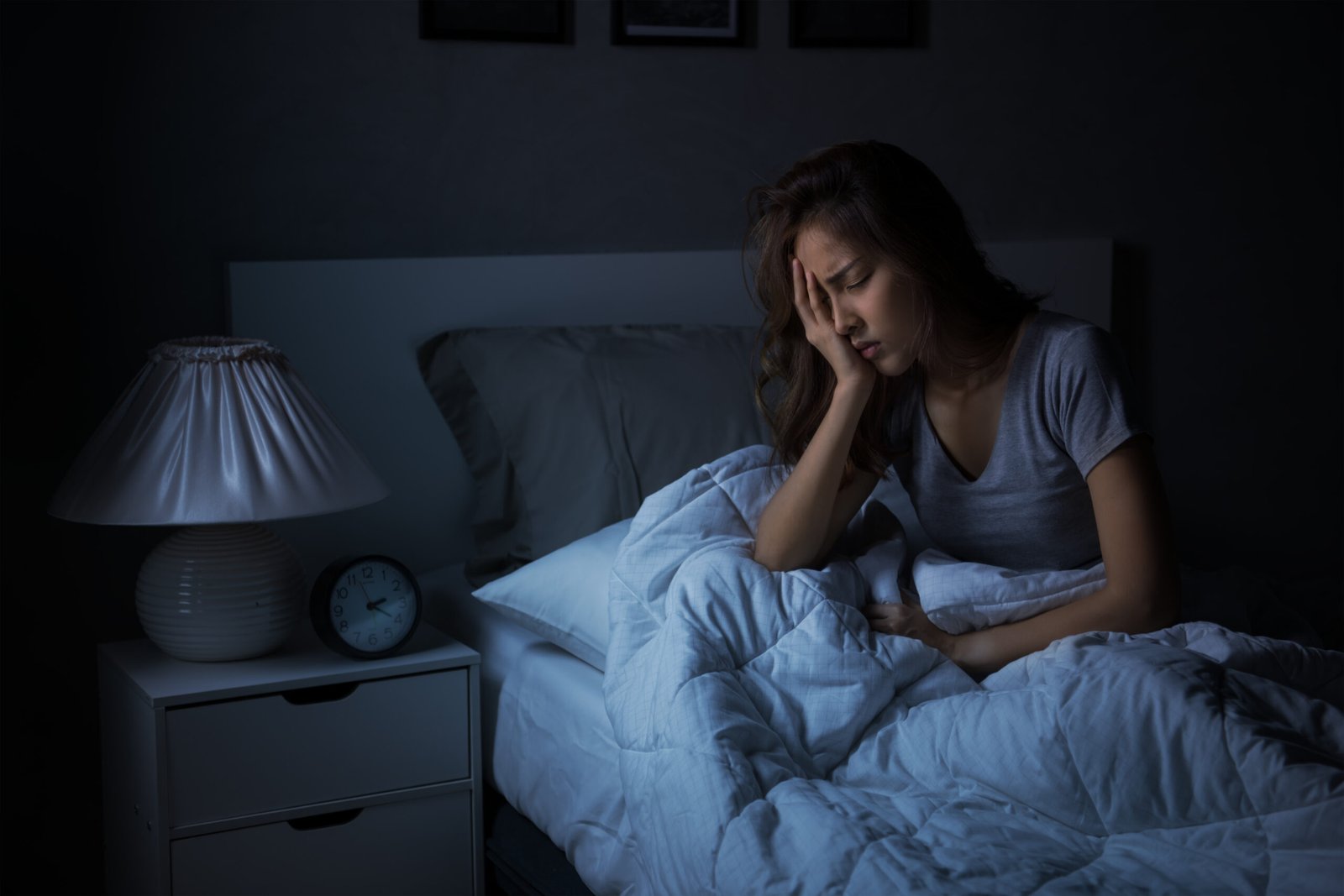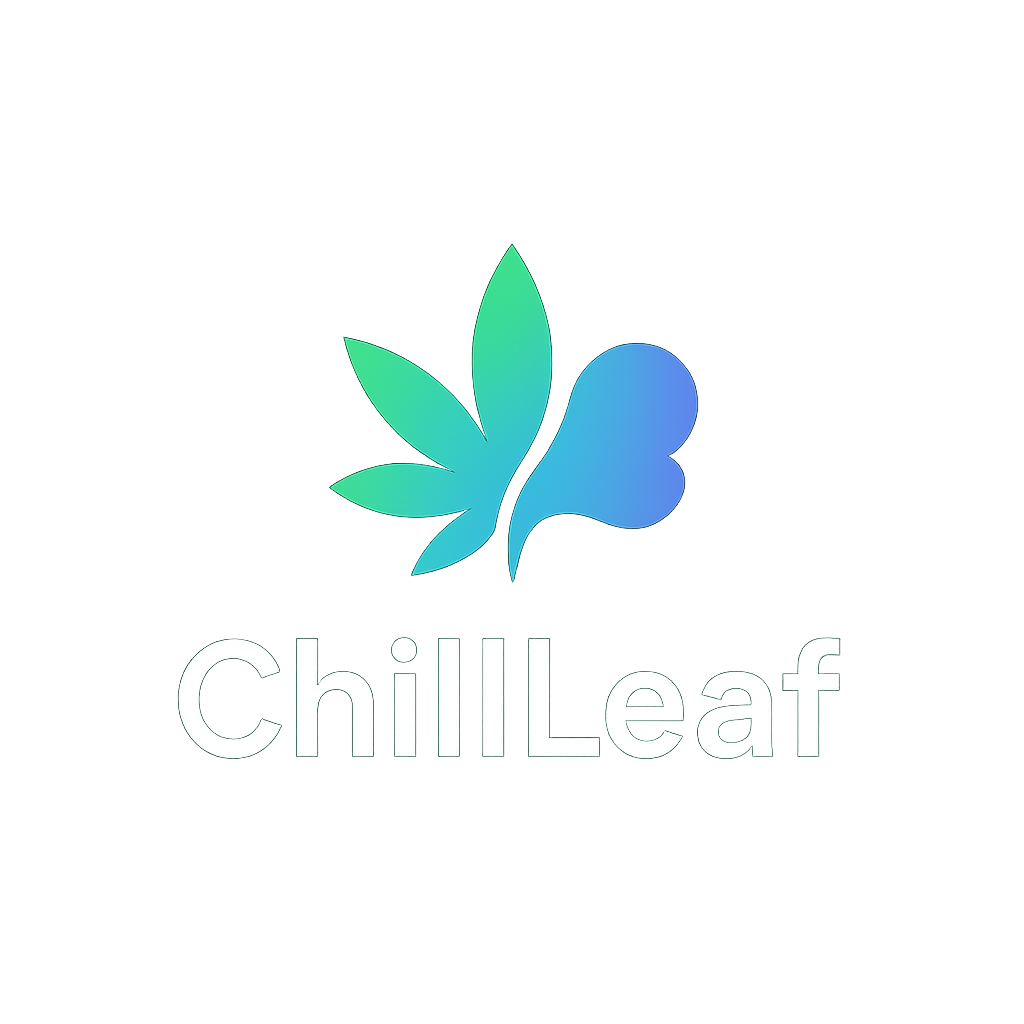Cannabis for Sleep Disorders
Can you use THC for Sleep? Will it help with the Sleeping disorders?

- All-in-one solution: no recipe needed, just a pure THC Vape
- 100% price transparency - no hidden fees or extra cost
- Always available THC Shop
- Privacy guaranteed THC Shop
Having trouble with sleep?
Struggling with sleep problems? You’re not alone. A 2022 Statista survey found that 43% of people in Germany experience sleep-related issues. Since sleep is when the body restores energy, repairs tissues, and carries out vital processes, getting quality rest is essential for overall health.
As a result, alternative therapies like medical cannabis are receiving growing attention as potential options for managing sleep disorders. But how exactly does cannabis work in this context? What does current research reveal about its effectiveness? And which types of cannabis might be most beneficial for better sleep?
In this article, we take a closer look at these questions and explore the potential role of cannabis in improving sleep health.
Essential information about sleep and how THC can help
Sleep problems often stem from underlying mental or physical health conditions, though they can also be linked to disruptions in the body’s natural sleep rhythm.
Cannabis is being studied as a potential aid for sleep disorders. In fact, a 2022 study found that participants experienced up to an 80% improvement in sleep quality when using THC and CBD.
Certain cannabis strains also contain terpenes, natural compounds believed to enhance the calming effects of THC and promote deeper rest. While these findings are promising, research in this area is still in its early stages.

What Exactly Are Sleep Disorders?
Almost everyone knows what it’s like to spend a restless night, tossing and turning without being able to fall asleep. But when these difficulties happen at least three times a week and persist for more than three months, they are classified as a sleep disorder. For those affected, this can be especially challenging — poor sleep doesn’t just drain energy, it often impacts mood, performance, and overall quality of life.
Understanding Sleep Disorders
Almost everyone has had nights of tossing and turning, but when sleep problems occur regularly, they may signal a deeper issue. Sleep disorders are often divided into two categories:
Primary sleep disorders: These occur without another underlying condition and include insomnia, disrupted sleep-wake cycles, nightmares, sleepwalking, and movement-related conditions such as restless legs syndrome.
Secondary sleep disorders: These are linked to other health conditions like anxiety, depression, or asthma.
Regardless of the type, the effects are often the same: daytime fatigue, lack of energy, difficulty concentrating, mood swings, and a general decline in quality of life.
Why Healthy Sleep Matters
Sleep is when the body repairs itself, balances hormones, strengthens the immune system, and processes the events of the day. Without deep, restorative rest, these vital processes are disrupted — which can affect both physical and mental health. That’s why finding effective ways to support better sleep is so important.
Can THC Help with Sleep Problems?
Research into cannabis shows promising results, particularly with THC (tetrahydrocannabinol). THC interacts directly with the body’s endocannabinoid system (ECS), which helps regulate the sleep-wake cycle. By binding to CB1 receptors, THC can calm the nervous system, making it easier to fall asleep and stay asleep.
Unlike CBD, which is often associated with relaxation and reduced anxiety, THC is especially effective in helping people fall asleep faster, quiet racing thoughts, and reduce nighttime restlessness. For those struggling with insomnia, THC has been shown to shorten the time it takes to fall asleep while promoting longer periods of deep rest.
What the Studies Show
A 2017 review of cannabis and sleep research suggested that THC helps people fall asleep faster and may reduce nighttime disturbances.
A 2022 study on cannabis oils with THC showed impressive results:
60% of participants no longer met the criteria for clinical sleep disorders.
Sleep hormone (melatonin) levels increased by 30%.
Sleep quality improved by 80%.
These findings highlight how powerful THC can be for improving both the quality and duration of sleep.
THC Vapes for Sleep and Insomnia
One of the most popular ways to use THC for sleep is through THC vapes. Vaping offers several advantages for people struggling with insomnia:
Fast-acting relief: Effects are felt within minutes, making it ideal for those who have trouble falling asleep.
Controlled dosing: Vapes allow for smaller, more precise doses compared to edibles or oils.
Relaxing evening routine: Many users find that incorporating THC vaping into their nighttime routine helps them wind down and prepare for rest.
Strains and Terpenes That Support Sleep
The benefits of THC are often enhanced by natural terpenes found in cannabis strains, especially those from Indica varieties. These compounds not only add aroma and flavor but also contribute to relaxation and better sleep:
Myrcene – Known for calming effects and pain relief, making it easier to drift into restful sleep.
Linalool – Associated with stress relief and reduced anxiety, helping prepare the body for rest.
Caryophyllene – Works with cannabinoid receptors and may ease discomfort, improving sleep quality.
Possible Side Effects of THC
While THC is widely used for sleep, it can affect people differently. Some may experience short-term side effects such as dry mouth, drowsiness, dizziness, or mild confusion. These effects are usually temporary and often subside once the body adjusts. Starting with a low dose and gradually increasing can help minimize unwanted effects.
Final Thoughts: THC as a Natural Option for Better Sleep
For people living with insomnia or other sleep problems, THC and THC vapes offer a natural, fast-acting solution. By calming the mind, reducing restlessness, and shortening the time it takes to fall asleep, THC can help restore healthy sleep patterns and improve overall quality of life.
With the right strain, dosage, and routine, THC may be one of the most effective natural options for those who want to reclaim their nights and wake up feeling rested.
Sources:
-
Sale!

Vader THC Vape – Orange Duo Pack
€ 199,98Original price was: € 199,98.€ 169,99Current price is: € 169,99. -
Sale!

Vader THC Vape – Green Duo Pack
€ 199,98Original price was: € 199,98.€ 169,99Current price is: € 169,99. -
Sale!

Vader THC Vape – Blue Trio Pack – Mix
€ 299,97Original price was: € 299,97.€ 259,99Current price is: € 259,99. -
Sale!

Vader THC Vape – Rainbow Mix Package – All tastes
€ 854,90 – € 4.949,45Price range: € 854,90 through € 4.949,45This product has multiple variants. The options may be chosen on the product page -
Sale!

Vader THC Vape – Exotic Rainbow Pack – Exotics
€ 427,45 – € 854,90Price range: € 427,45 through € 854,90This product has multiple variants. The options may be chosen on the product page -
Sale!

Vader THC Vape – Exotic Package – Purple Crack
€ 854,90 – € 4.949,45Price range: € 854,90 through € 4.949,45This product has multiple variants. The options may be chosen on the product page -
Sale!

Vader THC Vape – Exotic Package – London Pound Cake
€ 854,90 – € 4.949,45Price range: € 854,90 through € 4.949,45This product has multiple variants. The options may be chosen on the product page -
Sale!

Vader THC Vape – Exotic Package – Lavender Jones
€ 854,90 – € 4.949,45Price range: € 854,90 through € 4.949,45This product has multiple variants. The options may be chosen on the product page -
Sale!

Vader THC Vape – Exotic Package – Kush Mints
€ 854,90 – € 4.949,45Price range: € 854,90 through € 4.949,45This product has multiple variants. The options may be chosen on the product page -
Sale!

Vader THC Vape – Exotic Package – California Orange
€ 854,90 – € 4.949,45Price range: € 854,90 through € 4.949,45This product has multiple variants. The options may be chosen on the product page -
Sale!

Vader THC Vape – Exotic – Purple Crack
€ 99,99Original price was: € 99,99.€ 89,99Current price is: € 89,99. -
Sale!

Vader THC Vape – Exotic – London Pound Cake
€ 99,99Original price was: € 99,99.€ 89,99Current price is: € 89,99. -
Sale!

Vader THC Vape – Exotic – Lavender Jones
€ 99,99Original price was: € 99,99.€ 89,99Current price is: € 89,99. -
Sale!

Vader THC Vape – Exotic – Kush Mints
€ 99,99Original price was: € 99,99.€ 89,99Current price is: € 89,99. -
Sale!

Vader THC Vape – Exotic – California Orange
€ 99,99Original price was: € 99,99.€ 89,99Current price is: € 89,99. -
Sale!

Vader THC Vape – Classic Rainbow Pack – Classics
€ 427,45 – € 854,90Price range: € 427,45 through € 854,90This product has multiple variants. The options may be chosen on the product page





















